EHRA 2023: Late-Breaking Science Video Collection
Published: 18 April 2023
-
Views:
 2050
2050
-
Likes:
 7
7
-
Views:
 2050
2050
-
Likes:
 7
7
-
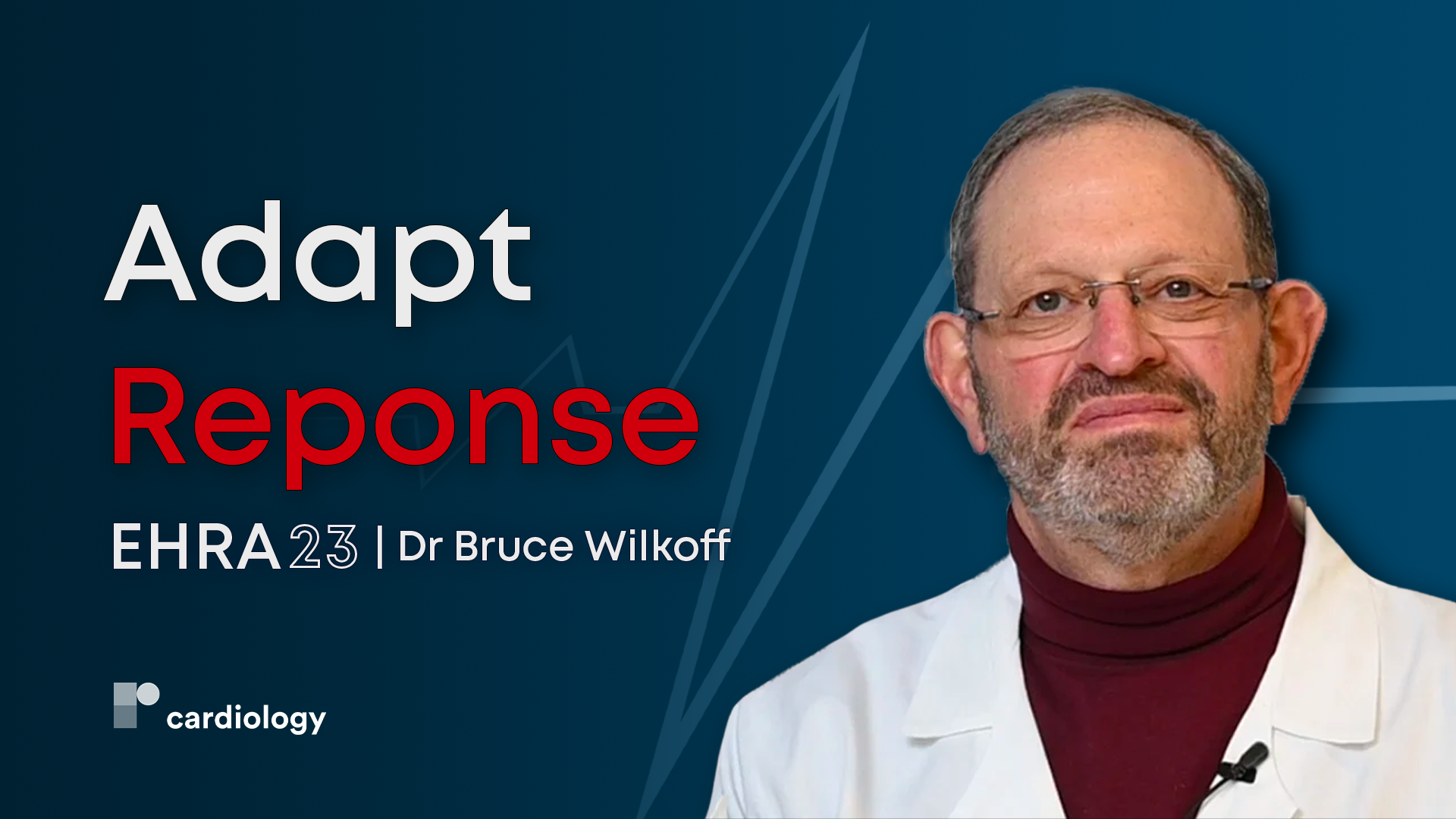 Up Next
Up Next -
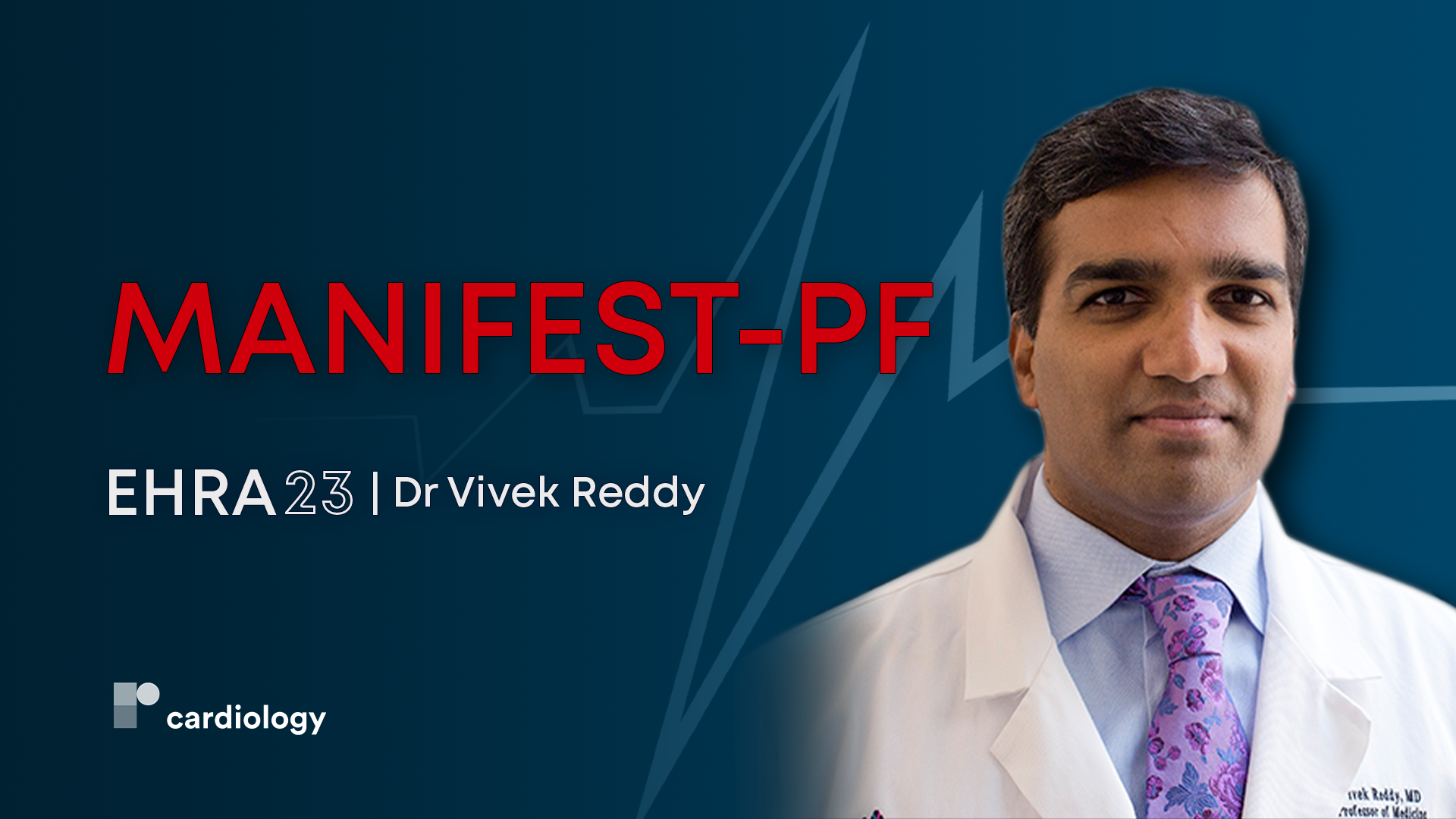 6m 49sPart 1 | Session 3 MANIFEST-PF: Real-world Experience of PFA in Commercial Practice
6m 49sPart 1 | Session 3 MANIFEST-PF: Real-world Experience of PFA in Commercial Practice -
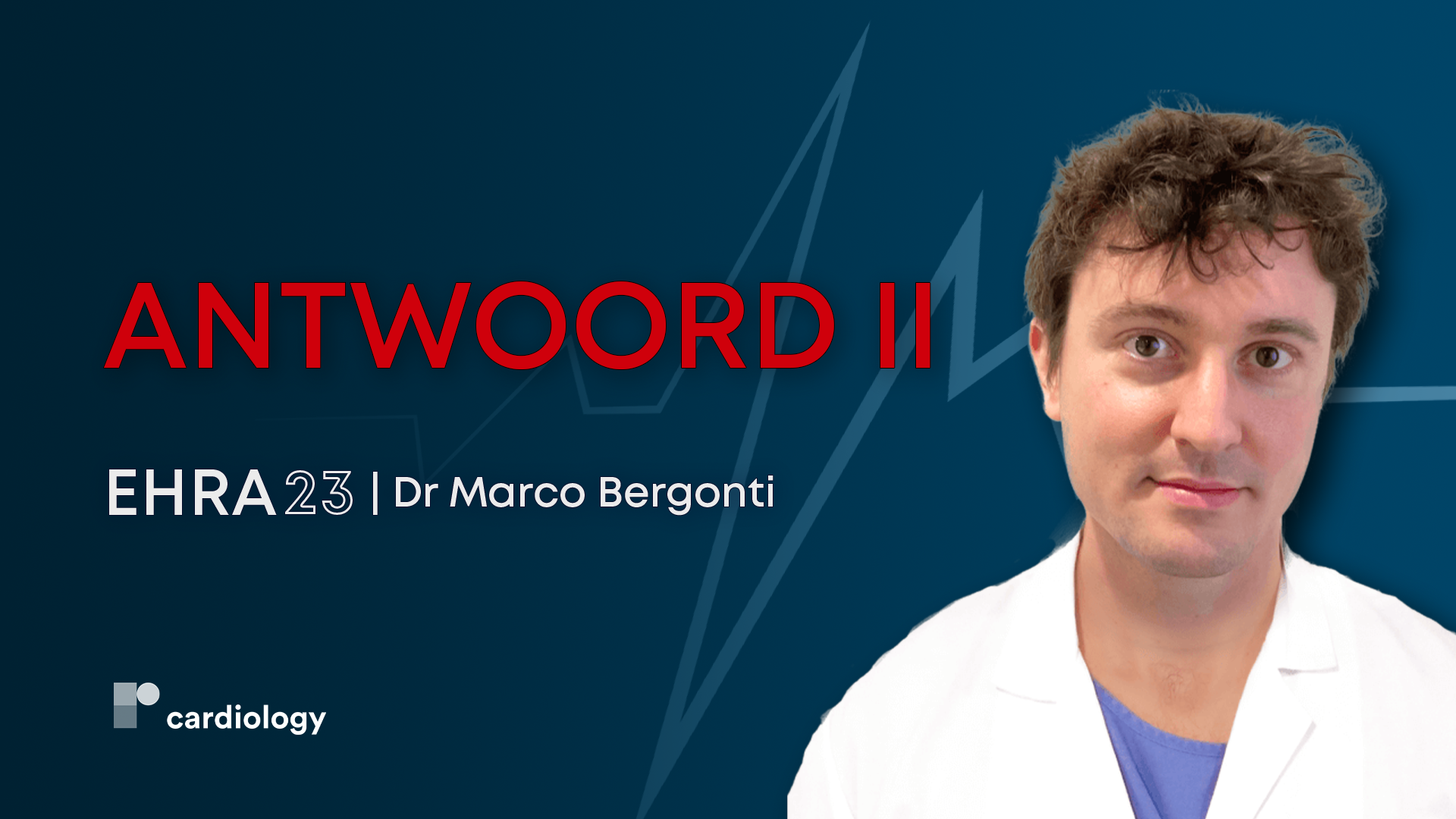 6m 26s
6m 26s -
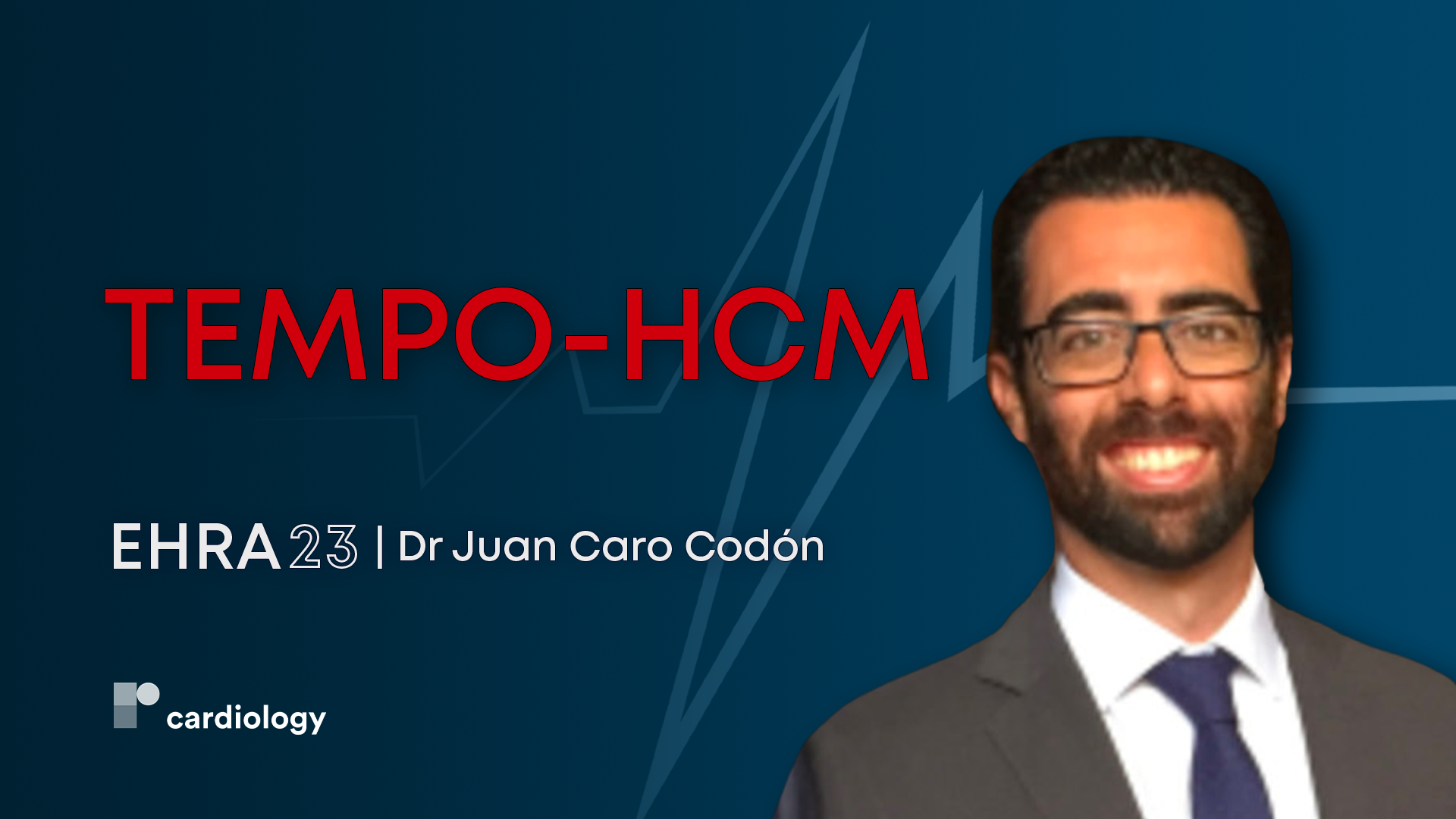 2m 38sPart 1 | Session 5 TEMPO-HCM: Extended ECG Monitoring in HCM
2m 38sPart 1 | Session 5 TEMPO-HCM: Extended ECG Monitoring in HCM -
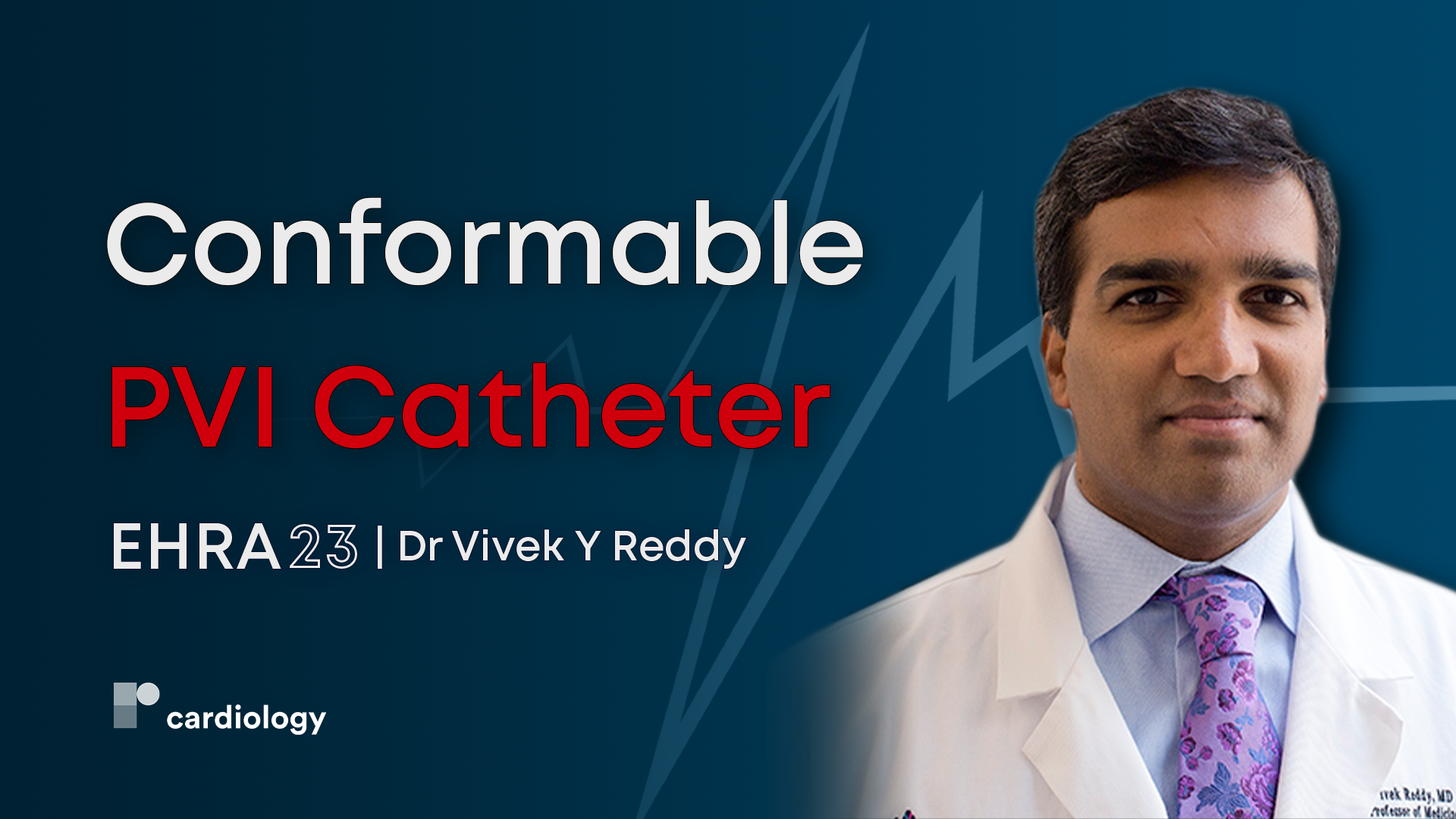 3m 37sPart 1 | Session 6 Conformable PVI Catheter for Pulmonary Vein Isolation
3m 37sPart 1 | Session 6 Conformable PVI Catheter for Pulmonary Vein Isolation -
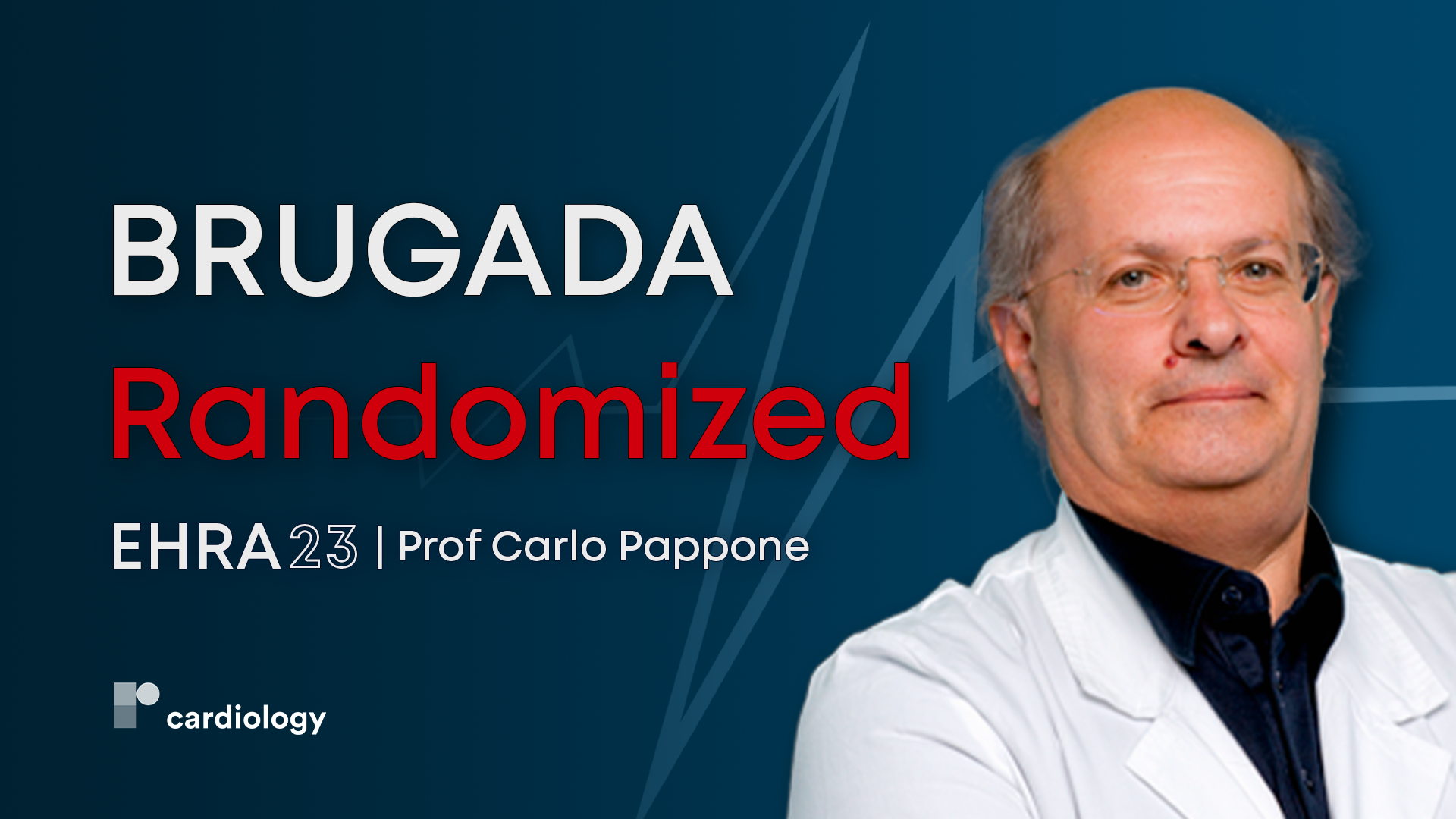 3m 54sPart 1 | Session 7 BRUGADA Randomized: Epidcardial Ablation to Prevent Sudden Death
3m 54sPart 1 | Session 7 BRUGADA Randomized: Epidcardial Ablation to Prevent Sudden Death
-
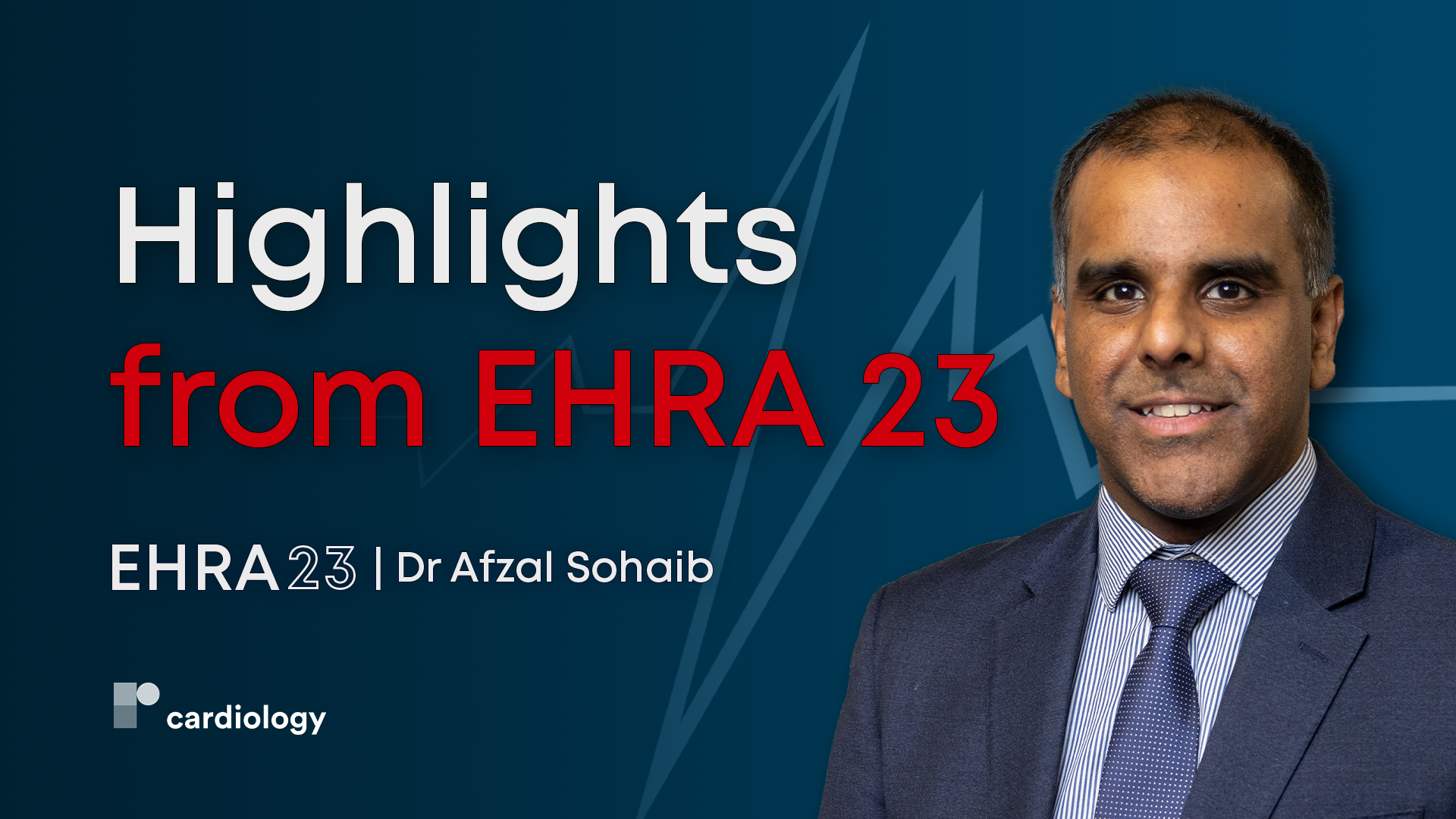 6m 25sPart 2 | Session 1 5 Trials That Will Change Your Practice With Dr Sohaib
6m 25sPart 2 | Session 1 5 Trials That Will Change Your Practice With Dr Sohaib -
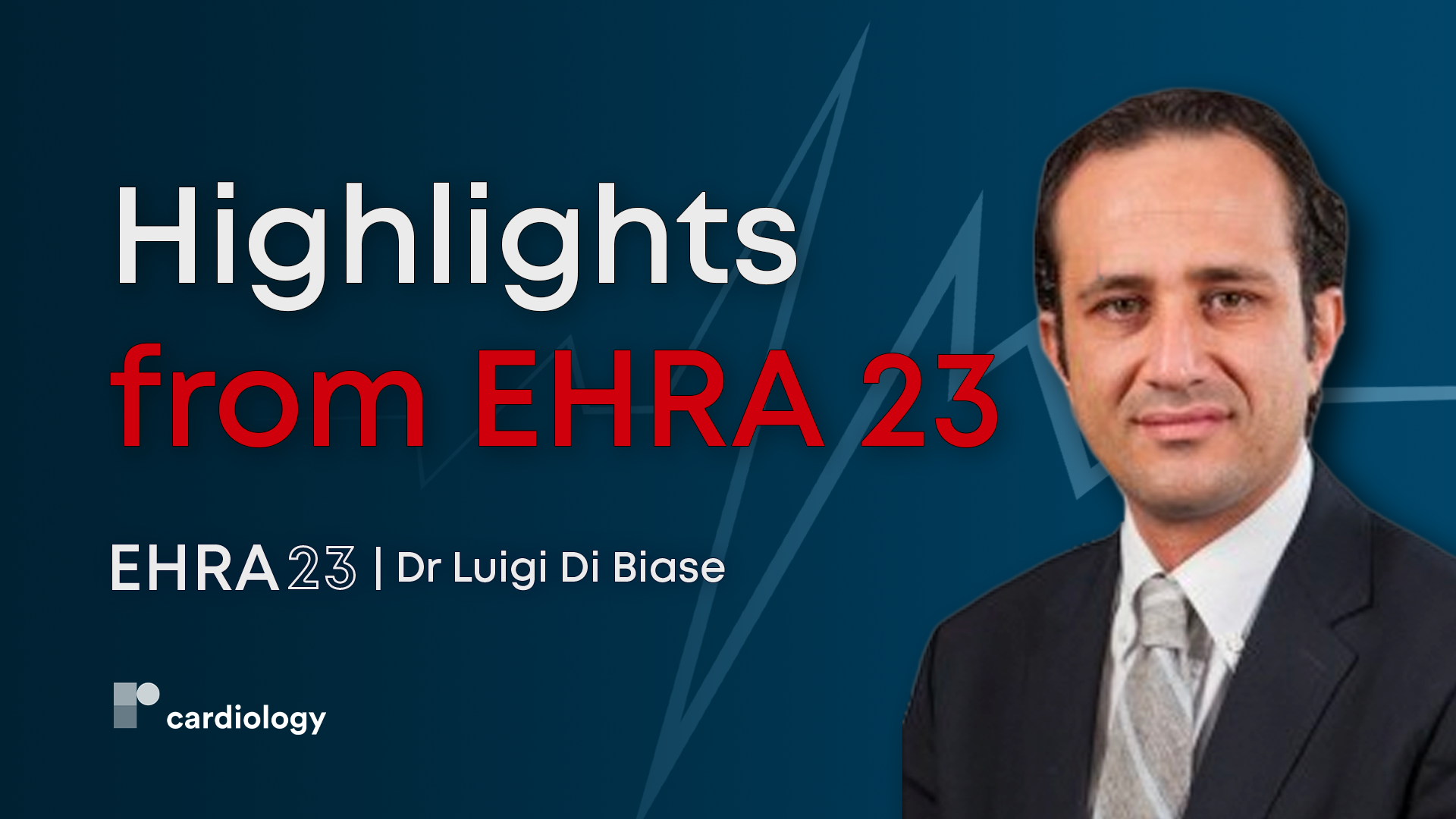 6m 24sPart 2 | Session 2 4 Trials That Will Change Your Practice With Dr Di Biase
6m 24sPart 2 | Session 2 4 Trials That Will Change Your Practice With Dr Di Biase
-
 54sPart 3 | Session 1 Dr Bergonti: Pulsed-Field Ablation & Reasons to Research
54sPart 3 | Session 1 Dr Bergonti: Pulsed-Field Ablation & Reasons to Research -
 1m 52sPart 3 | Session 2 Dr Bruce Wilkoff: Therapy Morbidity and Advice to Young Researchers
1m 52sPart 3 | Session 2 Dr Bruce Wilkoff: Therapy Morbidity and Advice to Young Researchers -
 31sPart 3 | Session 3 Dr Carlo Pappone: Advice to Early-Career Electrophysiologists
31sPart 3 | Session 3 Dr Carlo Pappone: Advice to Early-Career Electrophysiologists -
 28sPart 3 | Session 4 Dr Juan Caro Codon: Building a Team For Success
28sPart 3 | Session 4 Dr Juan Caro Codon: Building a Team For Success -
 1m 33s
1m 33s
-
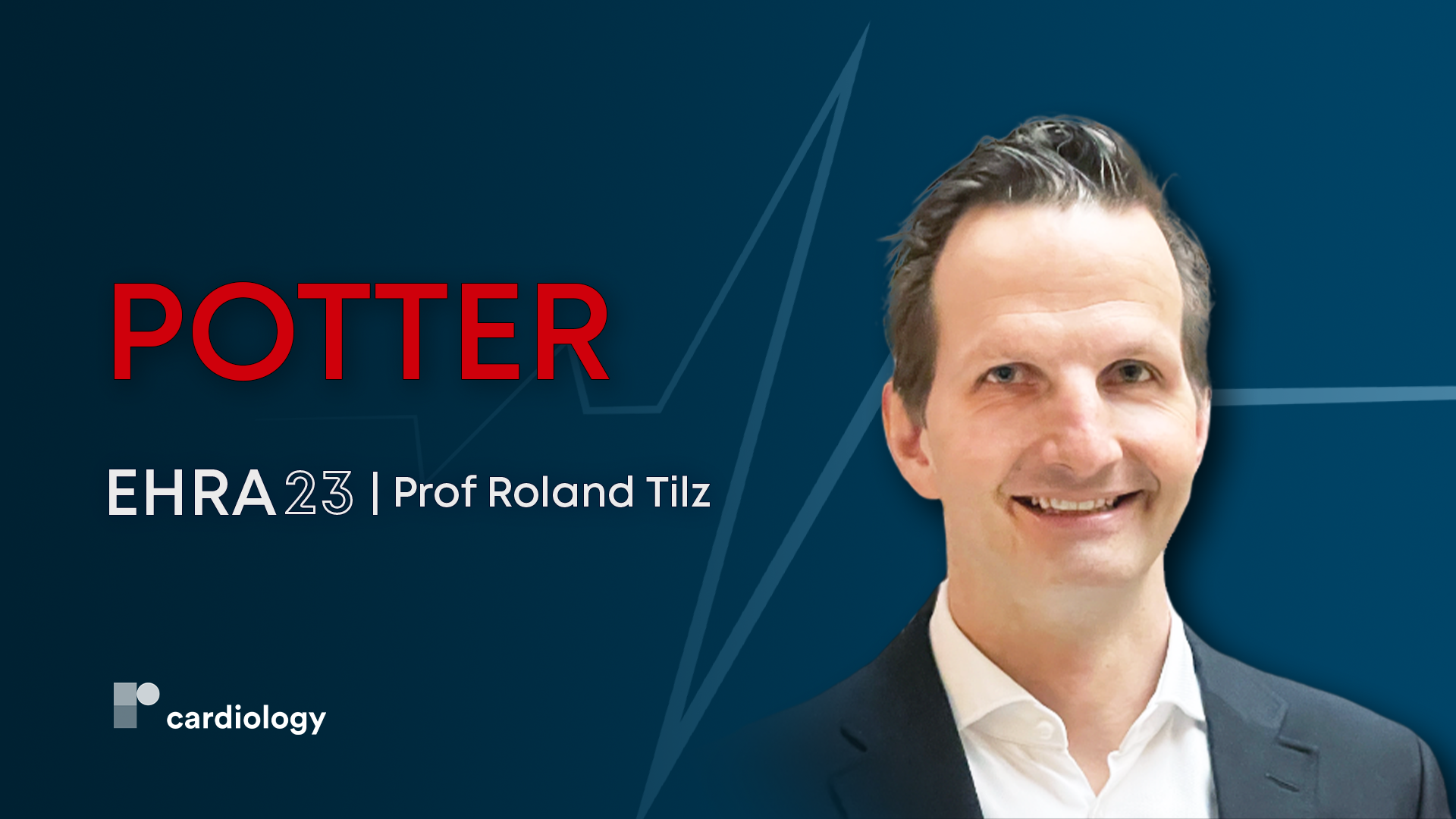 4m 23sPart 1 | Session 1 POTTER: Oesophageal Fistulae in Catheter Ablation Patients Roland R Tilz
4m 23sPart 1 | Session 1 POTTER: Oesophageal Fistulae in Catheter Ablation Patients Roland R Tilz
Overview
For short, concise coverage of the key data revealed, our accessible Expert Interviews were conducted with select faculty, focussing on the results, applicability and impact on future research and clinical practice.
More from this programme
Part 1
Expert Interviews
Part 2
Featured Highlights
In these concise overviews, selected faculty provide their thoughts on the most impactful trials from EHRA 2023.
Part 3
Behind the Heart
Watch our Behind the Heart series to learn more about the personal perspectives of the investigators behind top trials in cardiovascular science.
About the episode
EHRA 23 – Dr Bruce Wilkoff (Cleveland Clinic, US) joins us on-site to outline the findings of the AdaptResponse randomized study (NCT02205359).
In AdaptResponse, investigators studied the hypothesis that cardiac resynchronization therapy (CRT) devices which utilised AdaptivCRT® (aCRT) algorithm (Medtronic) had better prognosis in patients with normal atrioventricular conduction and left bundle branch block when directly compared with patients who had received standard CRT devices.
Questions
1. What was the reasoning behind this study?
2. What was the patient population and study design?
3. What are the main findings?
4. How should these findings be implemented in clinical practice?
5. What are the next steps?
Recorded on-site at EHRA 2023, Barcelona.
Editor: Jordan Rance
Faculty Biographies

Bruce Wilkoff
Cardiologist
Dr Bruce Wilkoff is the Director of Cardiac Pacing and Tachyarrhythmia Devices and a staff cardiologist at Cleveland Clinic Main Campus, Cleveland, US.
Dr Wilkoff is also a Professor of Medicine at Cleveland Clinic Lerner College of Medicine at Case Western Reserve University. He is board-certified in internal medicine, cardiovascular disease and a Certified Cardiac Device Specialist.
His clinical interests include abnormal heart rhythms, bradyarrhythmias, sudden cardiac death, lead extraction, implantable cardioverter defibrillator and more.








Comments